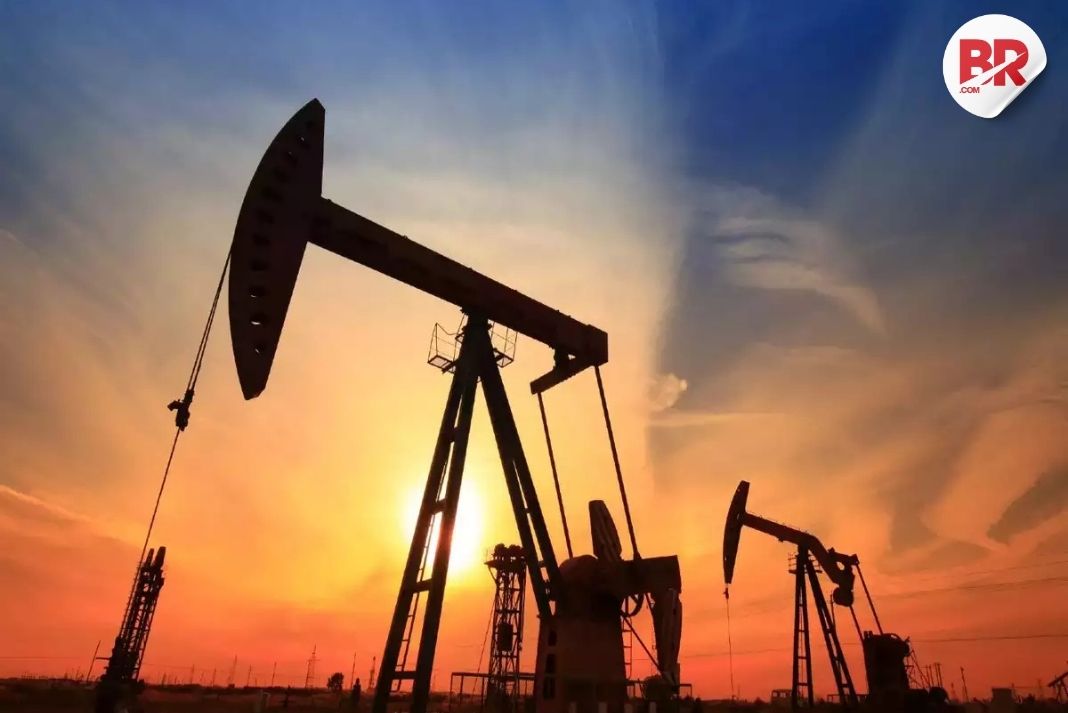
A major win for clean energy. On Tuesday, a federal judge ordered the Trump administration to release billions in EV charger funds that had been blocked earlier this year. The money, meant for building electric vehicle charging stations across the country, will now flow again to 14 states.
The ruling came from U.S. District Judge Tana Lin in Washington state. She said the administration overstepped its power by freezing the funds that Congress had already approved.

What’s the EV Charger Fund?
The fund was created as part of the Bipartisan Infrastructure Law passed during Joe Biden’s presidency. It promised $5 billion over five years to help states build out EV charging stations, starting with major highways.
By early 2024, around $3.3 billion had already been made available. But in February, the Trump administration told states to stop using the money. The pause hit many projects that were already underway or about to start.
Why the Lawsuit?
Sixteen states and D.C. pushed back. They sued, saying the freeze was illegal. The courts agreed—at least in part.
Judge Lin ruled that 14 states, including California, New York, and Arizona, must get their funds. She said the Trump administration had no right to override Congress.
However, Minnesota, Vermont, and D.C. didn’t get the same outcome. The judge said they didn’t prove they would face “irreparable harm” if funding wasn’t released right away.
What Does This Mean?
It means the charger build-out is back on—at least in the 14 states that won. For example, New York had over $175 million in awards from the program. But $120 million was on hold until now.
California Attorney General Rob Bonta called the ruling a “huge win.” He said the Trump administration can’t just “dismiss programs illegally.”
The Federal Highway Administration hasn’t responded yet. But unless there’s an appeal, the order takes effect on July 2.
Why It Matters
EVs are the future. But without chargers, people won’t switch. That’s why this funding is so important. It’s meant to fix the gaps—first along highways, then in cities and rural areas.
Still, building chargers is no quick task. There are delays in permits, complex electric work, and long contracts. Some states already used the funds from the Biden era. Others had to pause everything.
Now, the green light is back on—for most.
Also Read What If Drug Discovery Took Minutes, Not Years? This NVIDIA-Backed AI May Just Do It












